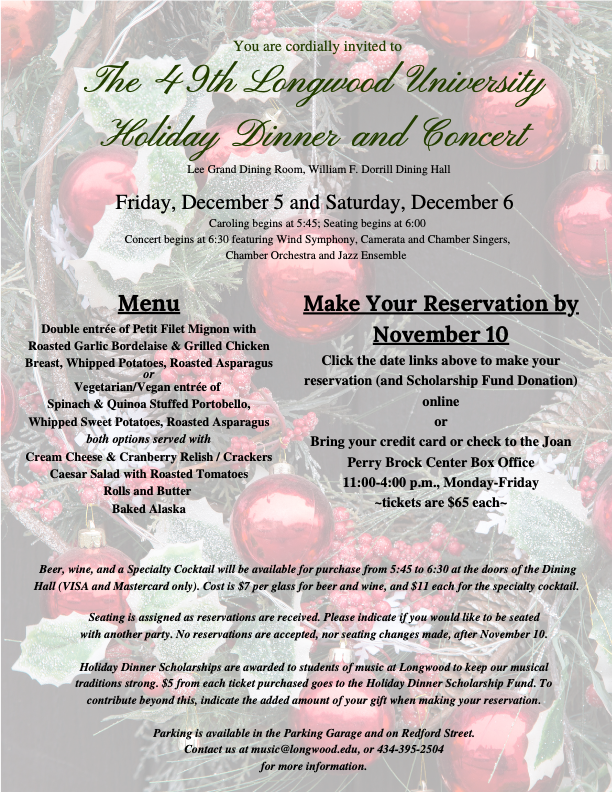Integration of media usage in users’ lives
During the COVID pandemic, there was an influx of digital media usage, specifically among adolescents. As children become increasingly dependent on digital media, there’s an increase in negative emotions (Shuai et. al. 2021). These negative emotions lead to a lack of motivation. Many people express themselves through negative posts on social media, spreading these emotions to others (Charquero-Ballester et al. 2024).
User-generated content has become a significant method in attracting consumers to have a positive attitude towards the brand being advertised in digital media content. The surge of social media usage has caused social media to become a primary source of information for people (Chen & Yan, 2024). Digital media is so integrated within society that users find it cumbersome to disconnect (Nguyen, 2023). For example, when Canvas shut down, it was hard for many classes to proceed with instruction because the use of Canvas is interwoven into the structure of the course.
The use of digital media has been associated with children’s addiction to screens. In Shutzman and Gershy’s studies, the parents and children both gave their responses, and both stated that the use of digital media helps to “calm down”. During the pandemic, digital media was integrated into individuals’ lives; people stayed connected with other people online. Adolescents had to study and work while engaging on a computer instead of with a teacher in a classroom (Riazi et al, 2023).
Negative impacts of digital media on the self
Public perception widely supports the notion that there are negative impacts from the use of social media. Users noted negative effects on their sleep quality, time management, and concentration (Nguyen, 2023). In Chen and Yen’s research, they note the significance of self-deprecating humor being used to enhance the consumers’ perception of the user-generated content. Social media users, when exposed to UGC self-deprecating humor, view themselves in the same regard related to an insecurity they have of self (Chen & Yan, 2024).
While the global pandemic of COVID-19 was rising, people had to figure out different methods of coping to distract themselves from reality. According to Riazi et al, four negative coping behaviors that can lead to negative emotions and mental health issues are spending time alone, eating junk food, and using substances. A coping strategy that rapidly impacts an individual’s self in eating junk food or binge eating. About 29% of adolescents reported eating junk food during COVID while having digital media present (Riazi et al, 2023). Digital media use has shown that problematic smartphone media is linked to higher levels of psychological distress; including stress, anxiety, and depression (Shutzman & Gershy, 2023).
Adolescents who are diagnosed with ADHD have had a worse outcome when excessive use of digital media. They are most likely to have an inability to control their negative emotions, which leads to mental health issues (Shuai et. Al. 2021). A limit on the usage of digital media could lead to better outcomes for children’s social lives. Considering that many posts on digital media are negative and are often due to the recipient’s expression towards something. For example, fear and anger were the emotions mostly expressed during the COVID-19 pandemic. This instilled that emotion onto others, creating anxiety in the self (Charquero-Ballester et. al. 2024).
Self In Isolation/Loneliness
Adolescents with ADHD who spend an abnormal amount of time on digital media will be less active in physical activities (Shuai et. al. 2021). Relying on digital media as an outlet for negative emotions can correlate to isolation or loneliness. For example, during the pandemic, many individuals had feelings of fear and anger, which were expressed through a platform called Twitter (Charquero-Ballester et. Al. 2024). A time when the whole world was in isolation, which would explain the need for an outlet.
Lonely adolescents may use digital media more, which can worsen motivation and could lead to anxiety, stress, or depression (Shutzman & Gershy, 2023). Isolation during the pandemic limited socialization and activities, making children feel unfulfilled and driving them towards media use (Riazi et al., 2023).
According to the research of Chen and Yen, users’ uptake of self-deprecating humor is to receive the positive attention that translates to sales or content interaction (Chen & Yan, 2024). If the method is unsuccessful, their content feels unrelatable and can increase isolation. When users leave social media platforms, it isolates them from an entire institution in which information is shared and discussed (Nguyen, 2023).
References
Charquero-Ballester, M., Walter, J. G., Rybner, A. S., Nissen, I. A., Enevoldsen, K. C., & Bechmann, A. (2024). Emotions on Twitter as crisis imprint in high-trust societies: Do ambient affiliations affect emotional expression during the pandemic? PLoS ONE, 19(3), 1–19. https://doi.org/10.1371/journal.pone.0296801
Chen, R., & Yan, H. (2024). UGC’s self-deprecation humor and sustainable brand support attitude on social media: expansion of the perspective of affective events theory. Behaviour & Information Technology, 1–28. https://doi.org/10.1080/0144929x.2024.2361349
Nguyen, M. H. (2023). “Maybe I should get rid of it for a while…”: Examining motivations and challenges for social media disconnection. The Communication Review, 26(2), 1–26. https://doi.org/10.1080/10714421.2023.2195795
Riazi, N. A., Battista, K., Duncan, M. J., Wade, T. J., Pickett, W., Ferro, M. A., Leatherdale, S. T., & Patte, K. A. (2023). Stronger together: Coping behaviours and mental health changes of Canadian adolescents in early phases of the COVID-19 pandemic. BMC Public Health, 23(1). https://doi.org/10.1186/s12889-023-15249-y
Shuai, L., He, S., Zheng, H., Wang, Z., Qiu, M., Xia, W., Cao, X., Lu, L., & Zhang, J. (2021). Influences of digital media use on children and adolescents with ADHD during COVID-19 pandemic. Globalization and Health, 17(1). https://doi.org/10.1186/s12992-021-00699-z
Shutzman, B., & Gershy, N. (2023). Children’s excessive digital media use, mental health problems and the protective role of parenting during COVID-19. Computers in Human Behavior, 139. https://doi.org/10.1016/j.chb.2022.107559



